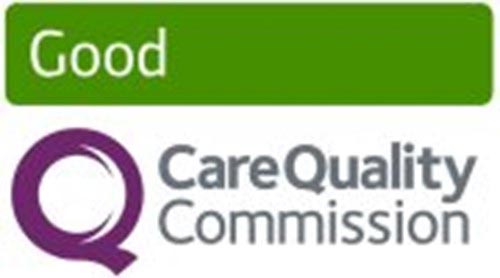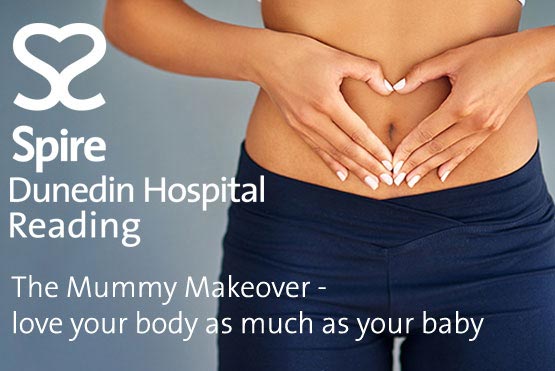CQC rates Spire Dunedin Hospital as 'Good'
19 May 2022
Inspectors describe the service at Spire Dunedin Hospital as “safe, effective, caring, responsive and well-led”

We welcome your views on our website and invite you to take part in a brief survey when you've finished your visit.
Your response will help us improve the site and the experience we offer to visitors.
19 May 2022
Inspectors describe the service at Spire Dunedin Hospital as “safe, effective, caring, responsive and well-led”

20 April 2018
The weather is warming up and short sleeves and sunglasses are becoming part of many women’s staple wardrobe. But if you’re a busy mum who dreads the move into summer clothes, having hidden post baby tummy in baggy jumpers or jackets over the winter, then you have probably looked into a ‘Mummy Makeover’.
